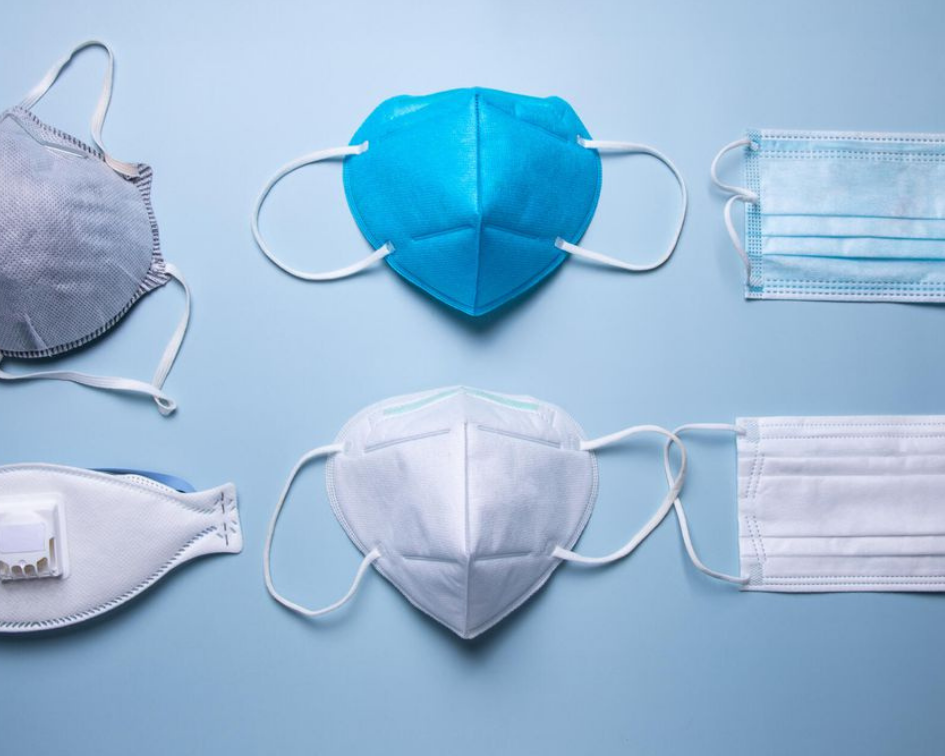The RA Public Monitoring Group in Psychiatric Institutions, established by the order of the Minister of Health in 2017, published its report on COVID-19 pandemic and psychiatric institutions.
Members of the group: Disability Rights Agenda, Helsinki Citizens' Assembly Vanadzor, For Equal Rights, Women's Rights House, Pink, Real World, Real People, Human Rights Research Center, Women's Empowerment Center, Human Rights House Yerevan, Women's Resource Center NGOs.
It should be noted that according to the order of the RA Minister of Health, the report was submitted to the Ministry for comments, but the Ministry did not respond to the report in due time. The report was published without comments.
Short Summary
The report summarizes the impact of the COVID-19 pandemic on persons with psychosocial disabilities and the staff of the Avan Mental Health Center, the National Center for Mental Health, the Sevan Mental Health Center. The report addresses the level of preparedness of institutions to respond to the pandemic, the adequacy of personal protective equipment (PPE), Food availability, and the provision of communication means with the outside world.
Observations generally show that the institutions were able to take measures to prevent the pandemic for some time. In particular, it was possible to prevent the spread of an uncontrollable degree of infection throughout the institution, despite cases of infection among staff receiving treatment and care. The results of the monitoring, however, showed that the institutions were not ready for action in such an emergency in terms of procedure or equipment. It was noted that the implementation of preventive measures has highlighted the additional burden on staff, the situation of labor rights, as well as the lack of resources, the vulnerability of people in closed institutions during emergencies.
Observations show that it is even more problematic to provide care in institutions and adequate living conditions, including food and hygiene items, for persons with mental health conditions during emergencies. In other words, the people receiving treatment were deprived of the opportunity to receive food, clothes, and personal hygiene items from their relatives, and the institutions were not able to provide them with a proper amount.
The following main issues have been identified:
- Insufficient conditions for quarantine of potentially infected or infected persons who were newly registered in the hospitals;
- Incomplete adherence to procedures to prevent the spread of infection;
- Insufficient level of PPEs required to prevent infection;
- Lack or improper provision of communication means;
- Insufficient human resources.

